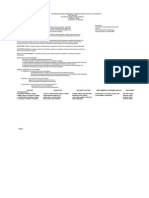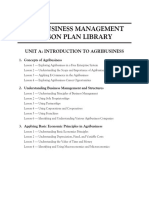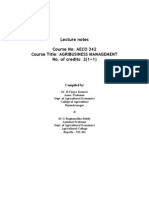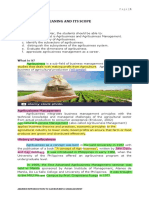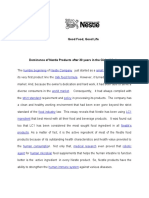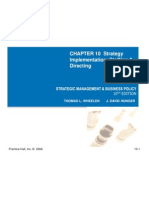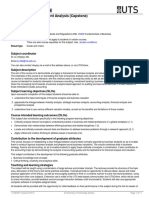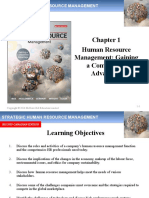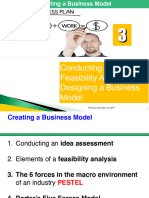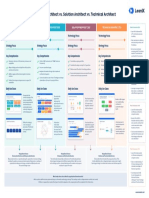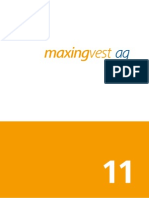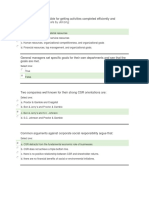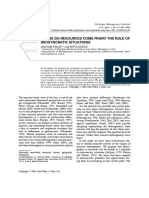0% found this document useful (0 votes)
120 views20 pagesLecture 1 - Syllabus and Course Introduction-1
The document outlines the syllabus and course outline for an Agribusiness Management course. It includes:
1. Details about the instructor, lecture times, and communication methods for the course.
2. An overview of the course objectives which are to develop skills in agribusiness management, analytical methods, and strategic planning.
3. An assessment breakdown including assignments, exams, and a final exam worth 60% of the grade.
4. A tentative schedule of 14 lectures covering topics like agribusiness systems, small business management, decision making, enterprise selection, and financial management.
Uploaded by
Rogers Soyekwo KingCopyright
© © All Rights Reserved
We take content rights seriously. If you suspect this is your content, claim it here.
Available Formats
Download as PPTX, PDF, TXT or read online on Scribd
0% found this document useful (0 votes)
120 views20 pagesLecture 1 - Syllabus and Course Introduction-1
The document outlines the syllabus and course outline for an Agribusiness Management course. It includes:
1. Details about the instructor, lecture times, and communication methods for the course.
2. An overview of the course objectives which are to develop skills in agribusiness management, analytical methods, and strategic planning.
3. An assessment breakdown including assignments, exams, and a final exam worth 60% of the grade.
4. A tentative schedule of 14 lectures covering topics like agribusiness systems, small business management, decision making, enterprise selection, and financial management.
Uploaded by
Rogers Soyekwo KingCopyright
© © All Rights Reserved
We take content rights seriously. If you suspect this is your content, claim it here.
Available Formats
Download as PPTX, PDF, TXT or read online on Scribd
/ 20
















